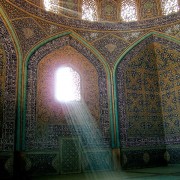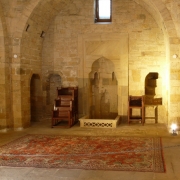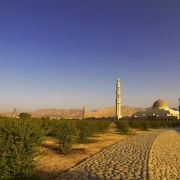World Literature Decentered: Beyond the ‘West’ Through Turkey, Mexico and Bengal By Ian Almond
Cosmologists say that if space-time is infinite, then somehow, somewhere, all possible things exist. As someone who has taught that nebulous entity “world literature” for over ten years, I’d like to begin by sketching out one such alternate world. Think of this alternative world as a kind of World Literature Fantasy. In this parallel world, there is no dominant Western canon: only lots of good Western writers, struggling like everyone else to make their voices heard above the growing crescendo of the planet’s collective murmur. Moreover, the people who live in Western countries actually realize they only form 10% of the planet. They understand that the non-Western is not some misrepresented ethnic minority, but Africa, Latin America, Asia, the Middle East – the overwhelming majority of the world.
There are centers of influence, certainly, but they are multiple and constantly shifting. A decade of readers in Argentina might become obsessed with Middle Eastern fiction; a new generation in China might start to fixate on West African writers. The swirling network of influences – Swedes reading Turks reading Mexicans, Brazilians translating Urdu ghazals and Chinese tanka – forever shimmers, brightens and collapses, reconfiguring itself not in response to power and economy, but through a much more curious, seem- ingly chaotic algorithm. There are certainly books which are read more than others, but they do not subscribe to a common ideology – in the anthologies of this world, Buddhists, Islamists, Anarchists and the occasional Capitalist argue with one another endlessly on contentious editorial boards. Writers in this alternative world feel no compulsion to communicate some anthro- pological information about their community, although many choose to do so









